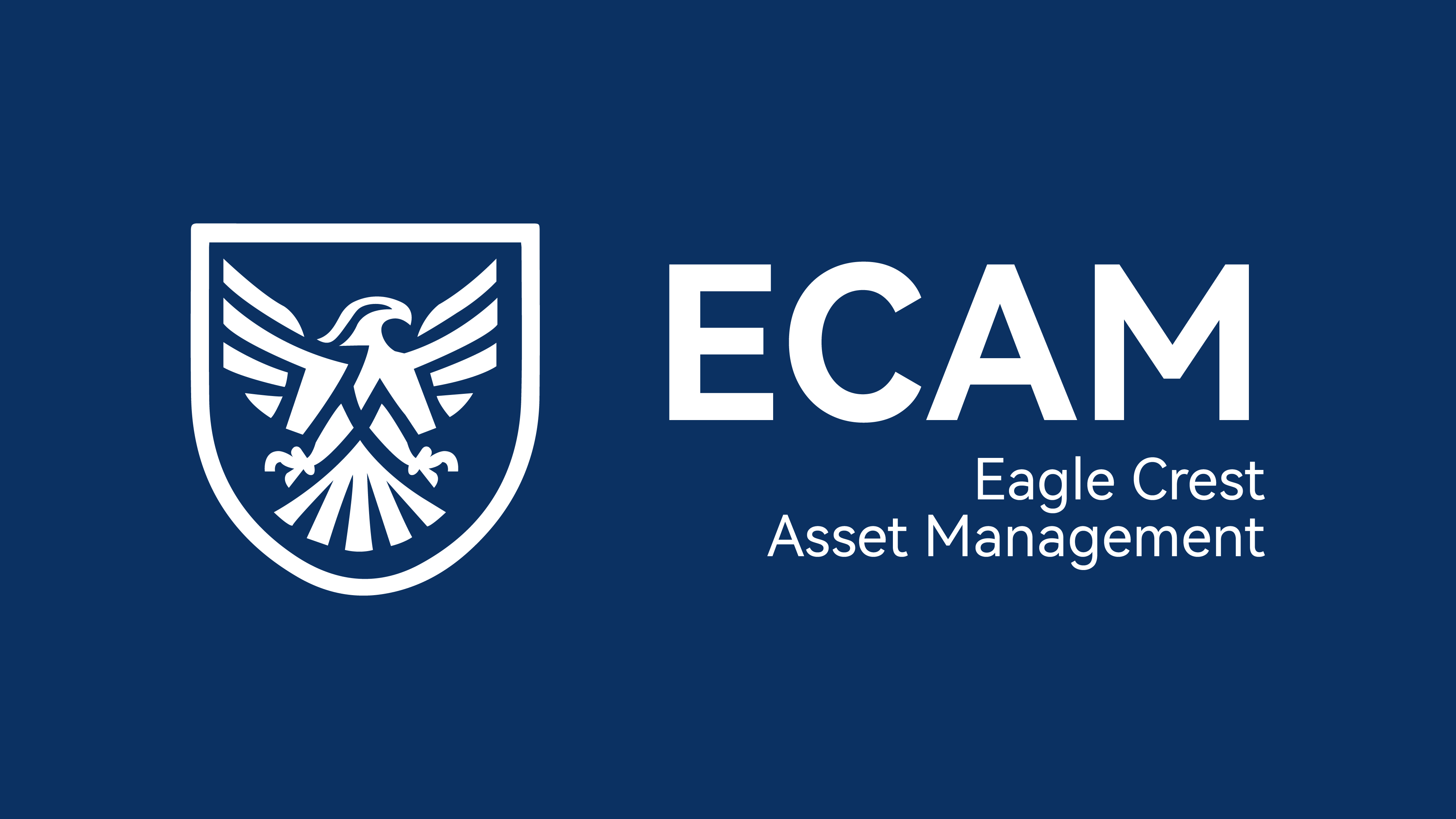On July 2, 2024, a pivotal ruling emerged from the United States District Court for the District of Columbia. Judge Amy Berman Jackson dismissed several core claims by the Securities and Exchange Commission (SEC) against Binance, the world’s largest cryptocurrency exchange by volume. This decision represents a significant moment in the regulatory landscape of the cryptocurrency market.
Key Takeaways:
- Rejection of Key SEC Claims: The court dismissed multiple critical arguments by the SEC, notably that crypto tokens, including BNB and Binance’s fiat-backed stablecoin BUSD, could be categorized as securities.
- Secondary Market Sales: The SEC's contention that secondary market sales of BNB tokens on crypto exchanges were securities transactions was also rejected, diminishing the SEC’s capacity to assert its enforcement over these activities.
- Continued Claims: Despite these dismissals, certain claims from the SEC remain active in the lawsuit, yet these face considerable hurdles for validation.
Critical Findings from the Court:
1. The Meaning of “Investment Contract”:
- SEC’s Broad Assertion Rejected: The SEC’s broad assertion that crypto tokens are investment contracts was deemed legally untenable. The focus, per the court's opinion, should be on the circumstances surrounding each transaction, not on the tokens themselves.
- Legal Precedents: The court highlighted the SEC’s approach as inconsistent with Supreme Court precedent, emphasizing that the mere existence of a token does not classify it as a security.
2. BNB Sales on Secondary Crypto Exchanges:
- Dismissed Claim on Secondary Sales: The court ruled that the SEC failed to provide sufficient facts to suggest that secondary market sales of BNB tokens were conducted with the expectation of profits, a crucial element for something to be classified as a security under the Howey Test.
- Limiting SEC’s Enforcement Ability: This ruling notably restricts the SEC’s authority to impose regulations on secondary market transactions facilitated by exchanges.
3. Binance’s Stablecoin, BUSD:
- Investment Contract Argument Rejected: The assertion that Binance’s BUSD is an investment contract was dismissed. The court found no evidence to suggest that BUSD was marketed with an expectation of profit due to Binance's efforts.
- Consistency in Regulation: Points of inconsistency among various U.S. regulatory bodies regarding stablecoins were highlighted, illustrating the complexities and uncertainties in the crypto regulation landscape.
SEC’s Remaining Claims:
While several claims were dismissed, the court allowed certain aspects, such as the SEC's argument on direct sales of BNB as securities transactions, to proceed. However, proving these claims will be challenging for the SEC, as they must demonstrate that token purchases were made with investment expectations.
Implications and Future Steps:
- Significance for Binance and Crypto Industry: This ruling sets a significant precedent by recognizing strict boundaries on the SEC’s regulatory reach over the crypto industry. It is a substantial victory for Binance and the broader crypto sector.
- Calls for Consistent Regulation: The judgment underscores the need for coherent and sensible regulation, instead of a piecemeal approach that creates ambiguity and inconsistency.
- Ongoing Defense: Binance remains committed to defending against the SEC's regulatory attempts and will continue to advocate for fair and consistent oversight that fosters innovation and growth within the crypto market.
The decision by Judge Amy Berman Jackson marks a crucial development in the ongoing regulatory battles within the cryptocurrency industry, signalling a call for more structured and sensible approaches to regulation. As the case progresses, it underscores the continued tension and complexities between regulatory ambitions and the rapidly evolving digital asset landscape. This ruling is a step toward establishing clearer regulatory frameworks that can support both innovation and market integrity.
